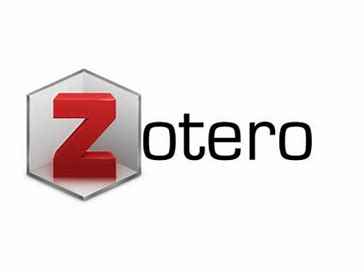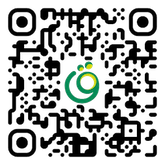Human Ecological Roles and Tasks in The Quran PERAN DAN TUGAS EKOLOGIS MANUSIA DALAM AL-QUR’AN
DOI:
https://doi.org/10.28918/aqwal.v3i1.5861Keywords:
Human Roles, Human Task, al-QuranAbstract
Humans are people who have the authority to manage the earth. They should realize that protecting the environment is a part of several obligations to God. Unfortunately, some people assume that protecting the environment is not a part of worship like other mahdzhah’s worship. This assumption has a fatal impact on the balance of the environment, which it from year to year experiences significant environmental degradations. In other words, humans only want to cultivate the earth and then take advantages of it without wanting to make improvements or preserving the environment. This paper will discuss about the role and ecological tasks of humans which its patterns can be read in the verses of the Koran. The article focuses on discussing the verses with the keywords khalifah, khalaif, abdullah, and ista’amara. The method applied in this paper is the thematic interpretation method, in which the verses with the terms above become the main study. The verses will be analyzed from a historical perspective and then will be contextualized. The result of this research is producing relevant contextualizations. The conclusion of the ecological roles and ecological tasks of humans in the Quran is humans have two roles, both are khalifah and abdullah. The ecological task of humans is to prosper the earth together not individually.
Downloads
References
Aini, Nafi’ah. “Relasi Antara Peran Manusia Sebagai Khalifah dengan Kerusakan Alam Perspektif Al-Qur’an.” At-Tibyan 3, no. 1 (2020): 32–54. https://doi.org/10.30631/atb.v3i1.18.
Almaany. “Terjemahan Dan Arti Kata خَلِيْفَة dalam Bahasa Indonesia, Kamus Istilah Bahasa Indonesia Bahasa Arab Halaman.” almaany.com, 2022. https://www.almaany.com/id/dict/ar-id/خَلِيْفَة/.
Hermawanto, Ariesani. “Darwinisme Sosial dan Keamanan Internasional: Sebuah Analisis Ringkas.” Paradigma: Jurnal Masalah Sosial, Politik, Dan Kebijakan 23, no. 2 (2021): 334. https://doi.org/10.31315/paradigma.v23i2.5012.
JDIH BPK RI. “UU No. 23 Tahun 1997 Tentang Pengelolaan Lingkungan Hidup,” 1997. https://peraturan.bpk.go.id/Home/Details/46018/uu-no-23-tahun-1997.
Kristi, Elizabeth, Alwizar Alwizar, and Kadar Yusuf. “Hakikat Manusia dalam Perspektif Al-Qur’an.” Risâlah, Jurnal Pendidikan Dan Studi Islam 8, no. 1 (March 23, 2022): 115–29. https://doi.org/10.31943/JURNAL_RISALAH.V8I1.217.
Maknun, Djohar. Ekologi: Populasi, Komunitas, Ekosistem (Mewujudkan Kampus Hijau, Asri, Islami Dan Ilmiah. Edited by Ahmad Zaeni. Cirebon: Nurjati Press, 2017.
Mardliyah, Watsiqotul, S. Sunardi, and Leo Agung. “Peran Manusia Sebagai Khalifah Allah di Muka Bumi: Perspektif Ekologis Dalam Ajaran Islam.” Jurnal Penelitian 12, no. 2 (August 1, 2018): 355–78. https://doi.org/10.21043/JP.V12I2.3523.
Munadi, Radhie., and Kaslam. “Etika Pengelolaan Hutan Dalam Perspektif Al Qur’an.” Tafsere 8, no. 2 (2020): 59–83. https://journal.uin-alauddin.ac.id/index.php/tafsere/article/view/20398.
Pamalingan, Pargawati. “Khalifah Dalam Perspektif Al-Qur’an.” Institut Agama Islam Negeri Palopo, 2016. http://dx.doi.org/10.31219/osf.io/7rbwx.
Shihab, M. Quraish. Tafsir Al-Mishbah : Pesan, Kesan Dan Keserasian Al-Qur’an. Volume. Jakarta: Lentera Hati, 2002.
Suhendra, Ahmad. “Menelisik Ekologis dalam Al-Qur’an.” ESENSIA: Jurnal Ilmu-Ilmu Ushuluddin 14, no. 1 (April 22, 2013): 61. https://doi.org/10.14421/esensia.v14i1.750.
Downloads
Published
How to Cite
Issue
Section
License
Copyright (c) 2023 M. Octa Puji Karunia, Kharirotul Badriyah

This work is licensed under a Creative Commons Attribution-ShareAlike 4.0 International License.








